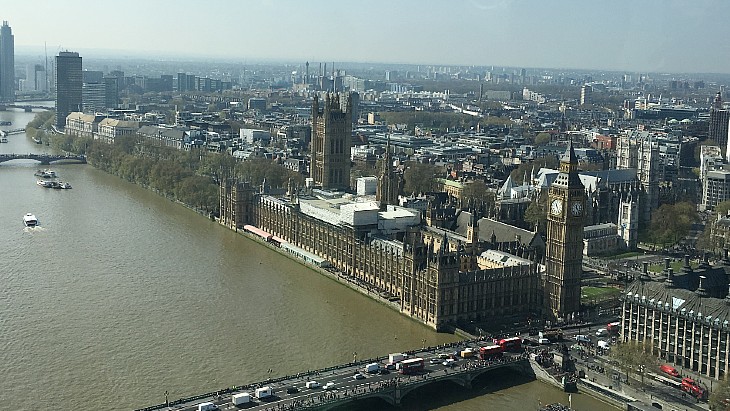In its Energy Security Strategy, released in April last year, the government set out its ambitions for eight new reactors, plus small modular reactors (SMRs), helping to produce 24 GWe capacity by 2050, representing about 25% of the UK's projected electricity demand. Nuclear's share of energy in the UK is currently about 15%, however almost half of the country's current capacity is due to be retired by 2025 and all but one of its reactors will retire by 2030.
The strategy said the government would scope and set up a body, Great British Nuclear, to develop a pipeline of new nuclear projects and support the UK's nuclear industry.
However, the open letter - coordinated by the Prospect trade union - says that "progress has stalled" on establishing GBN.
"We do not have time to spare," the letter says. "All but one of the UK's existing nuclear reactors are due to retire by the end of the decade and this capacity needs to be replaced. Meanwhile, the global race for investment in next generation nuclear technologies is accelerating, spurred on by the Inflation Reduction Act in the US.
"Britain must not sleepwalk into the familiar pattern of delays and broken promises that have held back our nuclear ambitions in the past."
The letter - signed by Prospect Senior Deputy General Secretary Sue Ferns; Westinghouse UK President Rob Massy; Rolls-Royce SMR Director of Corporate Affairs Alastair Evans; and Northern Powerhouse Partnership Chief Executive Henri Murison - was published at the start of Nuclear Week in Parliament. It was also signed by Charlotte Nichols, MP for Warrington North and Co-Chair of the All-Party Parliament Group on Nuclear Energy; Mark Menzies, MP for Fylde; Simon Fell, MP for Barrow and Furness; Lord McNicol of West Kilbride; and Lord Ravensdale.
"We call on the Prime Minister to launch a fully funded Great British Nuclear programme as a matter of priority," it says.
In May 2022, the government announced the appointment of Simon Bowen as the Industry Adviser to the Department for Business, Energy and Industrial Strategy (BEIS) tasked with "leading and helping to drive forward government proposals" for the new body.
At that time, the government said Bowen - most recently chief executive for nuclear at Babcock - would report jointly to the BEIS Secretary of State and the Prime Minister and would develop the plan for setting up GBN.
According to the government's website, "We have been working at pace on the scoping and set up of GBN, with the support of industry and our industry adviser Simon Bowen."
Earlier this month, an independent review of the UK government's approach to reaching net-zero greenhouse gas emissions by 2050 found that investment in new nuclear is a "no-regrets option given expected increase in power demand and retirement of existing plants". However, "the commitments need more detail to ensure their implementation and we need nuclear deployment targets for 2035 rather than 2050 to capitalise on the opportunities for small modular reactors, advanced modular reactors, fusion technology and nuclear uses outside of the power sector".
The report recommended the government expedites the establishment of GBN in early 2023, ensuring required funding and skills are in place. It said the government and GBN should then set out a clear roadmap in 2023 for reaching a final investment decision on a new nuclear project in the next Parliament. Government should ensure that funding for the project is in place.
The UK currently has one nuclear power station under construction, at Hinkley Point C in Somerset in south west England. Construction began in December 2018 for the plant, which comprises two EPR reactors of 1630 MWe each. The start of electricity generation from unit 1 is expected in June 2026, with unit 2 following in 2027 with a projected lifespan of 60 years. Negotiations between the government and EDF are on-going for a replica project of Hinkley Point C at Sizewell C in Suffolk in eastern England.















